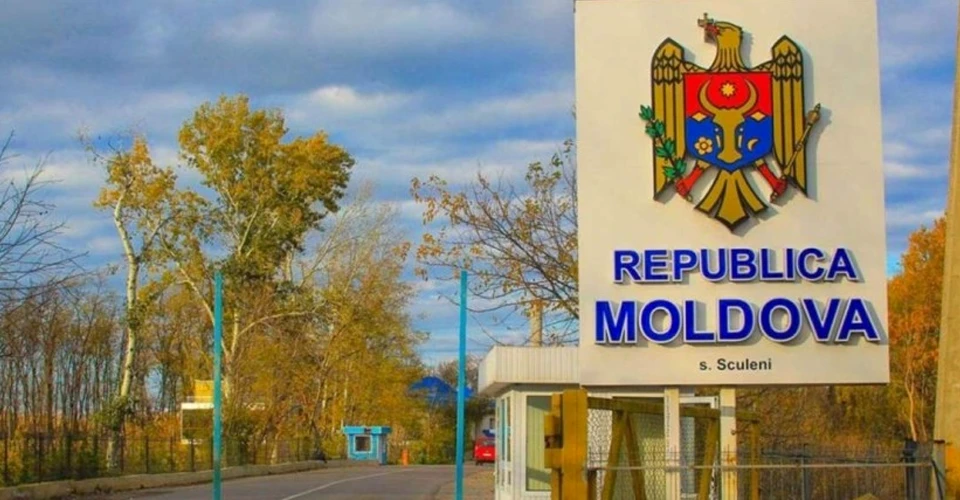
Moscow allegedly trained nearly battalion of militants to destabilize elections in Moldova
Last week Moldovan special services had detained two young men who were members of a group tasked with seizing administrative buildings in Moldova
Author of the Resurgam Telegram channel spoke about Russia’s destabilization effort in Moldova and their possible consequences.
Last week, the arrest of two young men by Moldovan special services occurred, who were part of a group planning to seize administrative buildings in Moldova. This group included 20 individuals who had received special training in Moscow and were receiving funding for their activities.
However, this week's developments have revealed even more. The investigation disclosed that Moldovan citizens were trained not only in Moscow but also in Bosnia and Republika Srpska (not to be confused with Serbia). This training, which included instruction from Wagner Group militants, aimed to destabilize Moldova, as stated by Moldovan police, the Security and Intelligence Service (SIS), and prosecutors.
More than 300 individuals attended training camps in Moscow, often traveling in groups of 20 to avoid detection. These camps instructed them on how to incite unrest during protests and resist law enforcement, according to Viorel Cernăuțeanu, head of the General Police Inspectorate.
Although Russia has not been officially recognized as a state sponsor of terrorism, it trains militants to undermine the constitutional order in other countries. Simultaneously, it employs services from groups like Wagner, which is officially recognized as a terrorist organization by the OSCE, the United States, and many other nations. This situation is further complicated by Moscow's connections and arms supplies to Hezbollah and the Houthis, along with its role in stirring ethnic conflicts in Africa.
Elections in Moldova are set for today, followed by elections in Georgia in a week. In both instances, Moscow is expected to attempt interference. Fortunately, Moldova is taking measures to mitigate this interference.
Ukraine’s objective this week, as part of its action strategy, is to document these activities and use them to support its communications with partners, the author believes.
“Moscow represents a global problem in Europe, and if this tumor is not addressed with at least maximum intervention, then regardless of what happens in Ukraine, the terrorist nature of Moscow will persist. It is imperative to strategically dismantle Moscow’s capabilities. If this does not occur, Ukraine, Moldova, and Georgia will be at risk. Once Moscow regains its strength, the Baltic States, Slovakia, and the Czech Republic could follow. This threat doesn’t necessarily entail tanks and direct invasion or war with NATO; hybrid methods are employed to circumvent this, with fear being used to paralyze responses.”
“No matter how diligently our European partners pursue solutions through half-measures and maintain contact with Moscow, they will ultimately confront terrorism, sabotage, hybrid operations, political manipulation, and threats from Moscow. The essence of Moscow embodies a culture of terrorist foreign policy, deeply rooted and far more extensive than Putin’s mere physical existence,” the Resurgam channel’s author adds. “We face a critical juncture: either Moscow remains militarily and economically weakened, rendering it less capable of aggression, or Europe will soon confront hybrid attacks from a terrorist state that possesses nuclear weapons and veto power in the UN Security Council.”
This serves as an additional argument in Ukraine’s communications with partners, alongside the fact that North Korea is directly involved in the war, and is compounded by the evidence of Moscow's interference in Moldova and Georgia.
- News











































